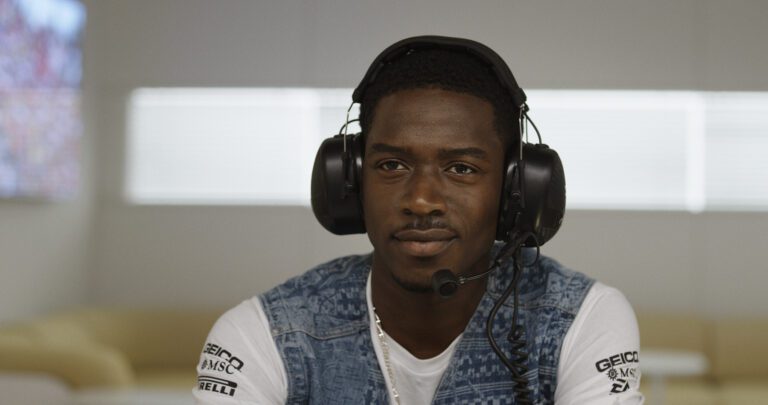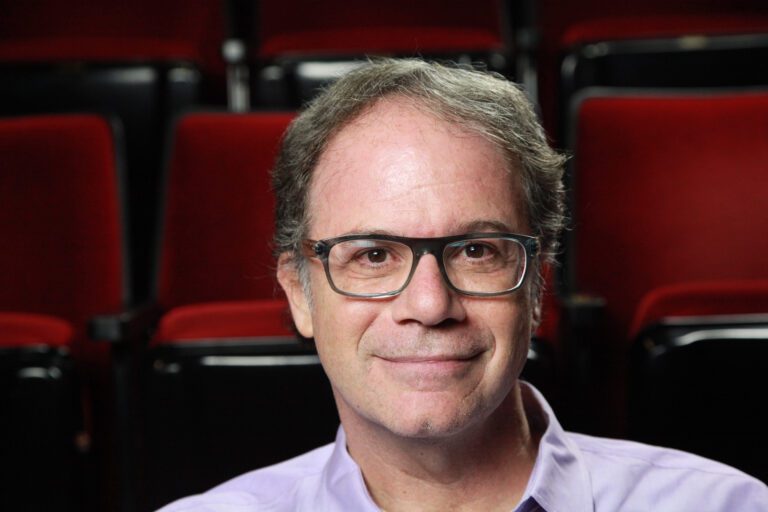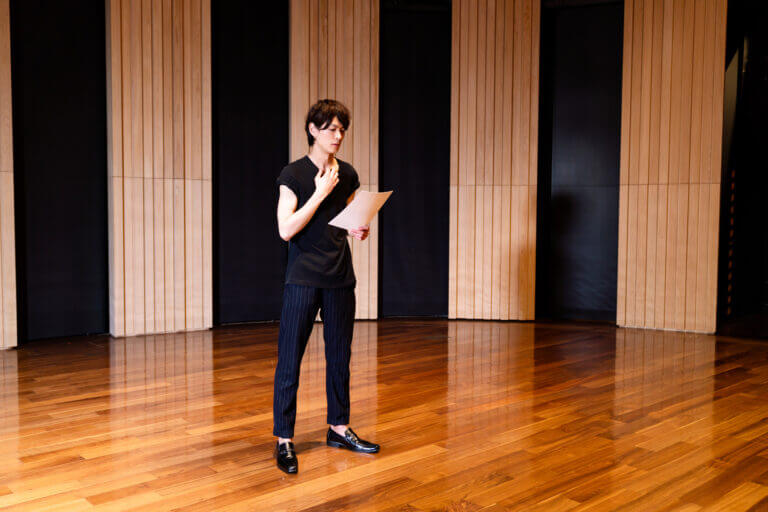If you’ve worked in live theatre long enough, you’ve more than likely dipped a toe into Theatre for Young Audiences (TYA). Educational programs are the bread and butter of many a theatre across the United States, and educational tours can be great gigs. Of course, performing for children can be a bit of a different beast if you’re not used to it. Here are some things you can expect when performing for young audiences.
Children are brutal…ly honest. If you’ve ever been tempted to blame a reticent audience for their lack of response, be prepared to be humbled by the ruthless critics that are children. Kids can sense a faker a mile away and are unforgiving of anyone phoning in a performance. For any hope of keeping their attention, you have to have twice the energy they have and commit one hundred percent. Kids will respond to honesty, and they will let you know when you don’t measure up. This can be a wonderful gift. With the right mindset, testing your work on children can be an incredible barometer for highlighting things to work on.
Say goodbye to the fourth wall. While it’s not a hard and fast rule by any means, interaction with the audience is hugely prevalent in children’s theatre. Whether it’s call and response, direct address, or a post-show discussion, chances are you’re going to be staring directly into the eyeballs of a tiny human at some point. Getting comfortable with crowd work and direct address will be hugely helpful. Mindset is crucial. If you’re trying to sell to them, or teach them or push them into responding it will fall flat. You have to find a way to connect with them as people.
Technique and style. While there isn’t necessarily one set technique for performing for young audiences, there are certainly common themes. Emotions and expressions tend to be bigger, more energetic, to a point that would seem overdone in an evening performance. The trick is you still have to commit honestly. Just like with anything else, you must honor the tone of the script. And if the tone is ridiculous, you have to find a way to inhabit that genuinely. Often in children’s shows there is a little more room to put your own spin on things. Don’t be shy. Physical comedy will be your best friend if you make TYA a habit.
Stamina stamina stamina. This is going to be your most valuable skill. Touring shows might be short, but they often book multiple performances back to back. The mornings are early, the days are long, and the energy has to be there every single time. Hydrate, take care of yourself, and build your endurance.
Don’t lose sight of the point. While it can be exhausting work, bringing the arts to young kids can be incredibly rewarding. Often you’ll be performing for kids who may never have engaged with live performance before. That kind of introduction to the arts can be incredibly powerful. If you start to feel burnt out and bitter, try reconnecting with the kids. This is the kind of work you have to love. Love of the work alone can’t make TYA shows worth it, but it will certainly make it more fulfilling, and make you a better performer.
Looking to get your big break? Sign up or login to Casting Networks and land your next acting role today!
Related articles:
My Casting Story: Gloria John on ‘The Consultant’
Combat for Film and Stage: Find the Class That’s Right for You
What Podcast Would You Recommend to Other Actors?













